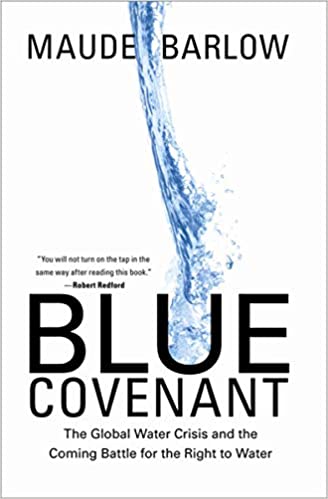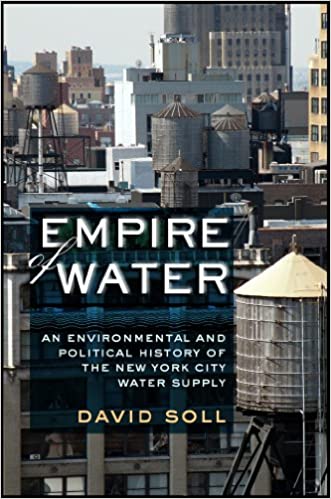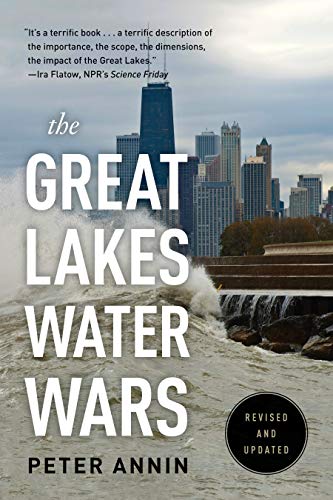
February 11, 2012Court Finds New York's MS4 General Permit Violates the Clean Water ActA state court in Westchester County has annulled the general permit issued by the New York State Department of Environmental Conservation (DEC) for Stormwater Discharges from Municipal Separate Storm Sewer Systems (the MS4 General Permit) on the ground that it fails to comply with the federal Clean Water Act and the provisions of New York law that implement it. Two key reasons for the ruling were that the general permit process allowed municipalities to self-certify compliance without oversight by the DEC and that the process did not provide for hearings on individual applications. The decision may have repercussions for other general permits issued by the DEC, including the General Permit for Discharges from Construction Activity, the Multi-Sector General Permit, the General Permit for Concentrated Animal Feeding Operations, and the proposed General Permit for Stormwater Discharges from High Volume Hydraulic Fracturing. Judge Joan Lefkowitz of the Westchester County Supreme Court ruled against the MS4 General Permit on January 10, 2012, in a lawsuit brought by NRDC, Riverkeeper, Waterkeeper Alliance, Soundkeeper, Save the Sound, Peconic Baykeeper, NY/NJ Baykeeper, and Hackensack Riverkeeper. The decision, NRDC v. NYS DEC, can be downloaded here. Judge Lefkowitz ordered DEC to re-write the current MS4 General Permit to correct three flaws: 1. Lack of DEC oversight: The Court held that the MS4 General Permit “creates an impermissible self-regulatory system,” and abdicated the DEC’s responsibility to review municipalities’ stormwater pollution control measures to ensure they meet Clean Water Act standards. The Court noted with disapproval that the MS4 General Permit does not require the DEC to review a municipality’s Stormwater Management Plans prior to approving coverage. Thus, “the initial determination of what particular control measures would be implemented and whether those measures would in fact reduce pollutant discharge to the level mandated by the applicable statute or regulation were left to each operator to make after it had already been authorized to discharge.” Allowing municipalities to self-certify their own plans, the Court found, created opportunities for “misunderstanding, misrepresenting, or misapplying” the applicable requirements. 2. Excluding public participation: The Court also held that the Notice of Intent (NOI) to comply with the General Permit terms required to be filed by municipalities is effectively a permit application without an opportunity for a “public hearing,” as required for Clean Water Act permit applications. The NOI procedure denied the general public the right to participate in a DEC hearing in connection with the agency’s review of each municipality’s proposed stormwater pollution control measures, and prevented concerned citizens from being able to object to proposals that fail to meet state and federal standards. The Court determined that the hearings on the MS4 General Permit itself were insufficient to meet this requirement because neither the public nor the DEC are able to review the specific pollution reduction measures contained in a municipality’s SWMP until after the municipality obtained coverage allowing it to discharge. 3. Missing compliance schedules: Finally, the Court held that the MS4 General Permit is unlawful because, while it requires Municipal Separate Storm Sewer Systems (MS4s) to reduce pollutant loads to water bodies that violate State water quality standards, the permit does not mandate compliance within the nine month timeframe required by law. For cities and towns that send their runoff into water bodies where the DEC has established pollution reduction budgets, the permit failed to establish “compliance schedules” to reduce runoff. The court also ruled that where the DEC has not yet developed a minimum load standards, the permit need not require that MS4s take any immediate steps to decrease their pollution. The court upheld a provision that prohibits MS4s from increasing pollution levels in those waterways until minimum load standards are developed. As noted by Larry Levine in his blog at NRDC Switchboard, Court Finds New York State's Program to Stem Biggest Source of Water Pollution Too Lax, the basic principles in the MS4 permit case—that municipalities cannot self-certify compliance without oversight by environmental regulators, and that the public has important rights to participate in decisionmaking on these matters—should be uncontroversial. In issuing her ruling, Judge Lefkowitz followed the ruling of a federal appeals court, EDC v. US EPA, 344 F.3d 832 (9th Cir. 2003) cert. denied 541 U.S. 1085 (2004), which rejected portions of EPA’s stormwater regulations for having precisely the same flaws as the MS4 General Permit. Mr. Levine is the lead attorney for the plaintiffs. The case is also discussed in a post by Vicki Shiah on the Sive, Paget & Riesel Environmental Law Blog.
|
|






